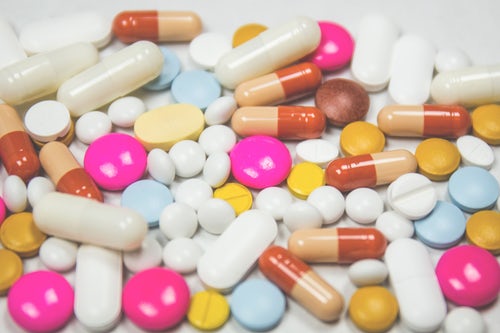 Nearly one in five doctors develops a substance abuse problem at some point in their career, and one in ten currently working have a drug or alcohol addiction.
Nearly one in five doctors develops a substance abuse problem at some point in their career, and one in ten currently working have a drug or alcohol addiction.
Consider the case of neurosurgeon Christopher Duntsch. After severely damaging the nerves of one patient and paralyzing another, the Texas hospital where he worked suspended him for one month. In his first surgery post-suspension, he severed a woman’s vertebral artery, causing her to bleed to death. While accidents are not uncommon in a surgical setting, Duntsch’s drug and alcohol addiction may have exacerbated the severity and frequency of these tragic malpractices.
Duntsch had been described as disastrous and allegedly would drink on the job — stashing vodka under his desk and reportedly taking LSD and Cocaine prior to surgeries. Despite these allegations, Duntsch never lost his license. In fact, when he left the one hospital, he was given a clean record. After being hired at a new hospital, Duntsch proceeded to botch two operations so badly, one woman ended up brain dead and another partially paralyzed. At this hospital, he was fired after one week. After 12 lawsuits from patients injured or paralyzed, and two deaths, Duntsch was never convicted of a crime.
Doctors like Duntsch are the reason California legislatures are pushing to implement random drug tests for doctors with hospital privileges and drug tests immediately following any major medical mistakes such as preventable deaths.
Under federal law, airline pilots and school bus drivers need to comply with random drug tests. These tests are performed to assure pilots and drivers can be responsible for the lives of others. This new bill would ensure that doctors would be held to that same level of accountability. Had random drug testing been implemented in the hospitals where Duntsch worked, negligent behavior could have been prevented.


